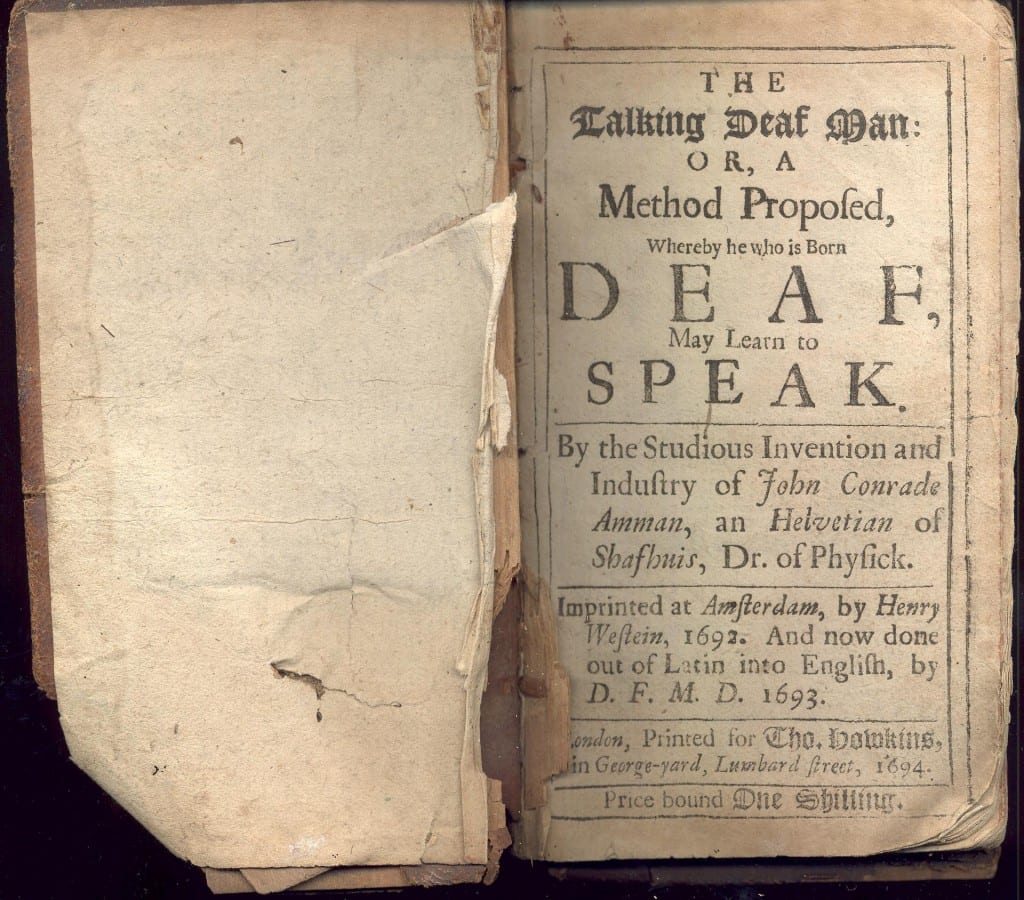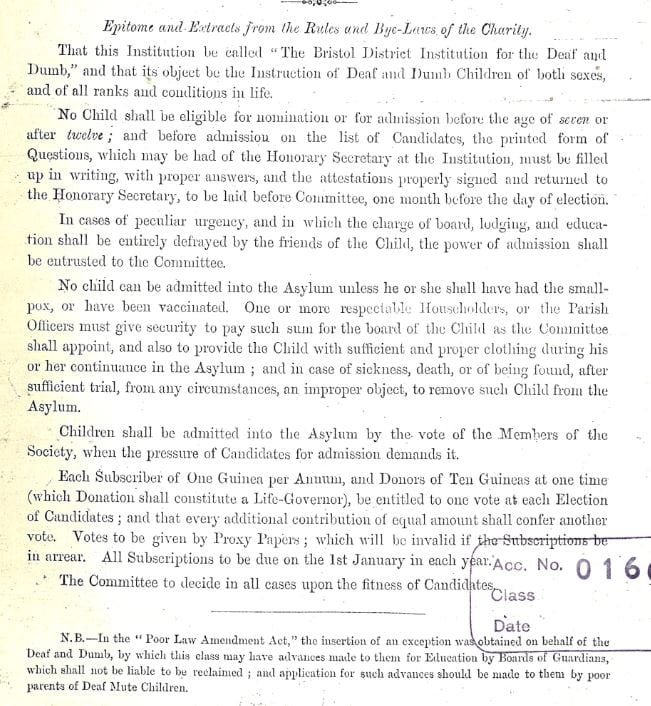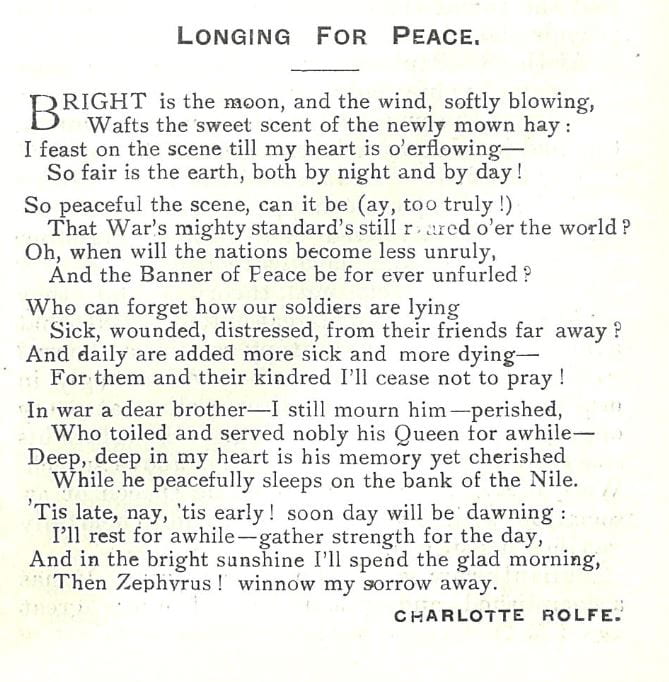Matthew Robert Burns, Deaf Teacher and Missioner (part 2)
By H Dominic W Stiles, on 14 May 2020
Continued from Heathen Bristol
Burns moved back to London “engaged by the committee” of the then ‘Adult Institution for providing Employment, &c. for the Deaf and Dumb,’ where he served until June, 1845, when he was obliged to join the old congregation, who, under the Rev. Robert Simson, M.A., appointed him biblical instructor and assistant secretary.” (ibid)*
After 1849 he was the head and honorary secretary of this organization.
TO THE DEAF AND DUMB AND THEIR FRIENDS. Price 2s. 6d.. A FAITHFUL AND CHARACTERISTIC LITHOGRAPHED PORTRAIT of MR. MATTHEW ROBERT BURNS, DEAF AND DUMB FROM BIRTH, AND FOR THIRTY TEARS Church of England Biblical Instructor to the Deaf and Dumb. THIS PORTRAIT is not only valuable to his admirers and to the earnest reclaimers from misery and degradation of this section of waste mind, but to the Phsycologist and Philanthropist. Its Photographic correctness gives evidence of the unusual energy of mind and health of body enjoyed at 61 years of age by one who has been educated to active and elevated exertion, whose fellow-sufferers, when neglected and undeveloped, are doomed to much below the averaged period of human existence. Apply, by letter, to Mr Thomas Jacob Cook, 76, Fore-street, City. EC. (1860).
DEAF AND DUMB. THE gratuitous Dinner will given to those of the Mutes who are in indigent circumstances of Shaftesbury Hall Chapel. Aldersgate-street, Thursday, the 26th Inst., at 1 o’clock, the Gate of St. John of Jerusalem, Clerkenwell. The Committee trust that the subscriptions of the benevolent supporters of the above will enable them to provide the poor Mutes with their usual plentiful supply of Christmas fare. In such a work of love we shall greatly rejoice, we know the deaf and dumb labour under a threefold affliction, namely want of hearing, want of speech, and want of money. Inscrutable wisdom has placed them amongst the speaking commu-nity, and perhaps this for the very purpose of exercising Christian sympathies; and if we neglect them, we are truly also doing evil to our own souls. Further atletnpts to influence the public we would refrain from. A sweet scripture says, “He that hath mercy on the poor, happy is he.” MATTHEW ROBERT BURNS. Biblical Instructor, and Secretary the above Chapel. (Clerkenwell News – Wednesday 25 December 1861)
In 1866 J.P. Gloyn took over this role, and the remainder of his life was apparently lived in obscurity, with Burns surviving on £40-£50 per year. Gilby recalls how Burns would visit his parents, who would help him out when they could. He died of bronchitis on 21st of January 1879.
………..
Note
The Action on Hearing Loss archive contains a small selection of his letters from his latter years. I speculate that someone also had a scrapbook thats seems to have had a lot of Burns memoranda and there are photos of documents in the Action on Hearing Loss collection that may no longer exist. Someone could use these disparate sources to put together an iteresting sketch of his life and work.
*Unusually I have failed to compile bibliographic notes or references for this or the much earlier Burns item. This section was intended to use his remaining letters, and I cannot say where the top quote was from as I wrote this item over two years ago. Without full access to the collection, that is unfortunately now impossible.
This may well be the last blog I write here, due to various circumstances including the closing of the libraries and the Covid-19 lockdown. I had a stack of potential items that would have been put up here in the remaining time we had. They may or may not see the light of day in another space, depending on access to research matrerials and resources.
Copyright on what I have written in these blogs resides with me as author, however when it comes to images used on the blog it is a whole lot more complicated. Broadly, where images are photos the copyright resides with the image taker, and continues for 70 years after the death of the author. This is complicated when the work is anonymous and it becomes an ‘orphan work’.
I hope the items in the blog have been of some interest and I would be especially pleased if they encouraged young Deaf people to take an interest in Deaf History.
 Close
Close








